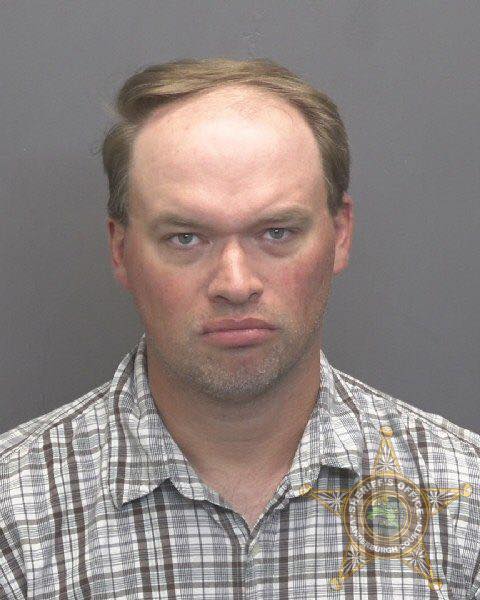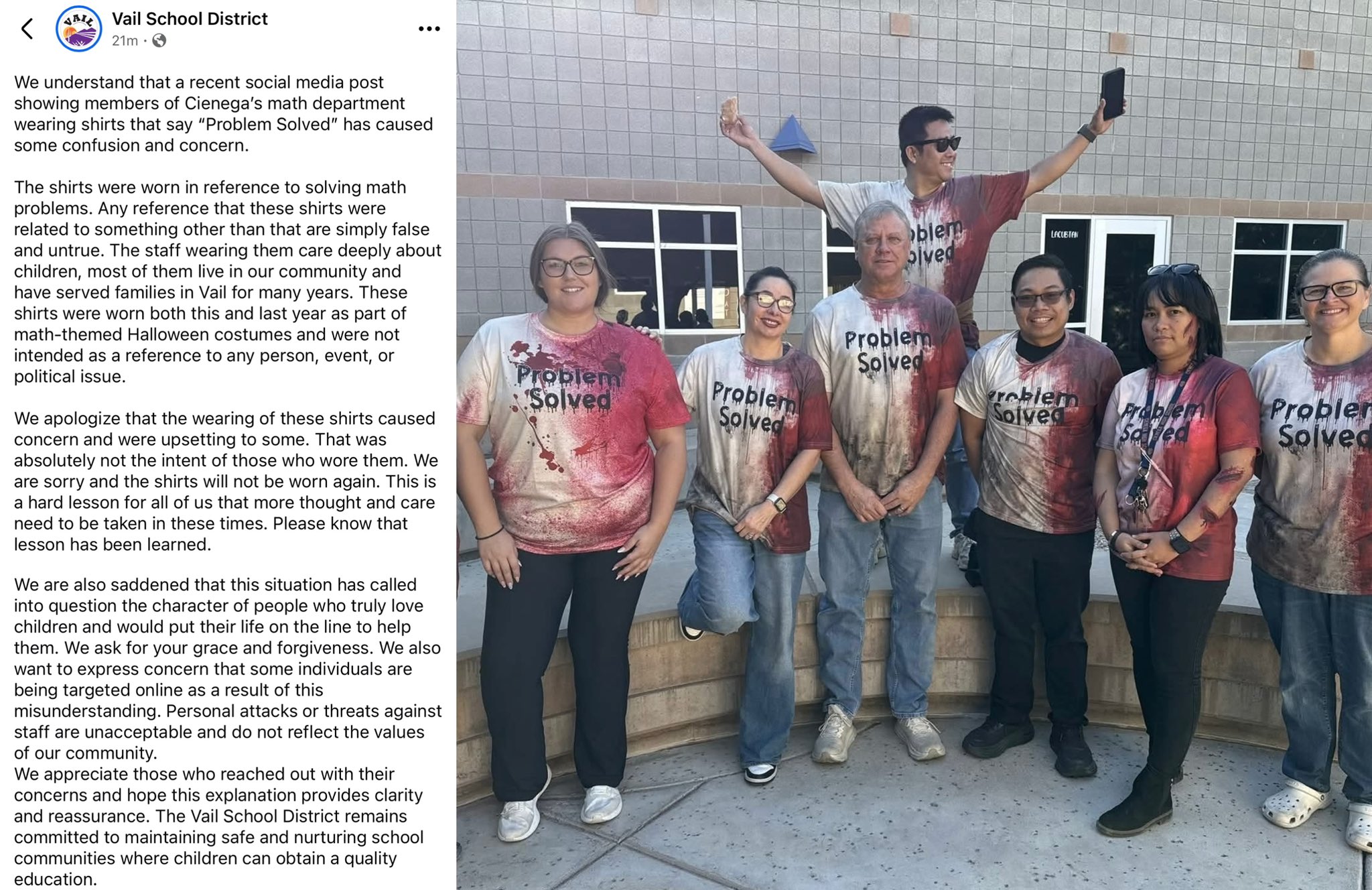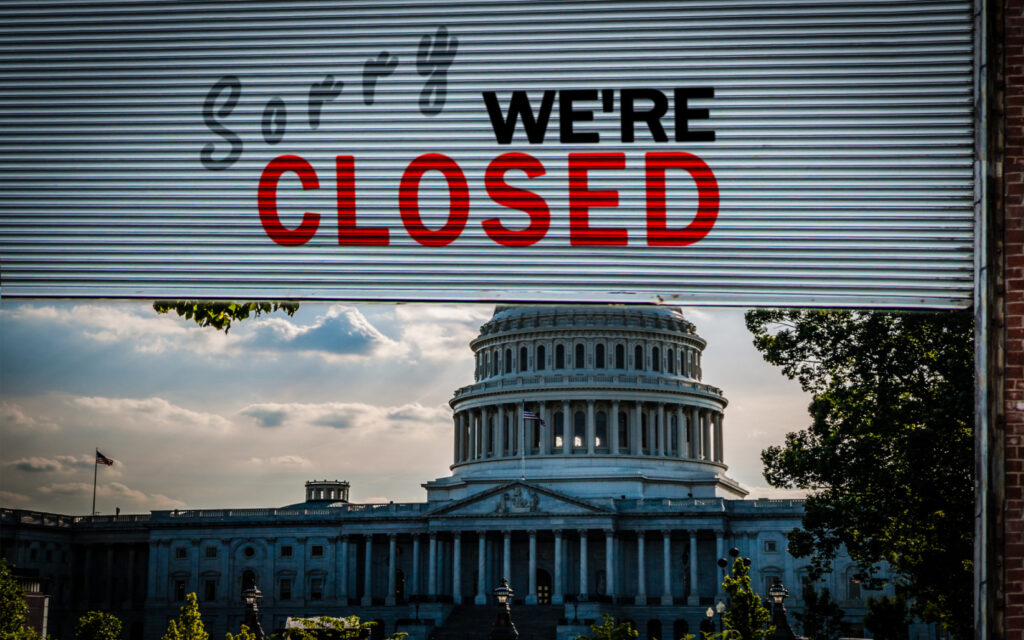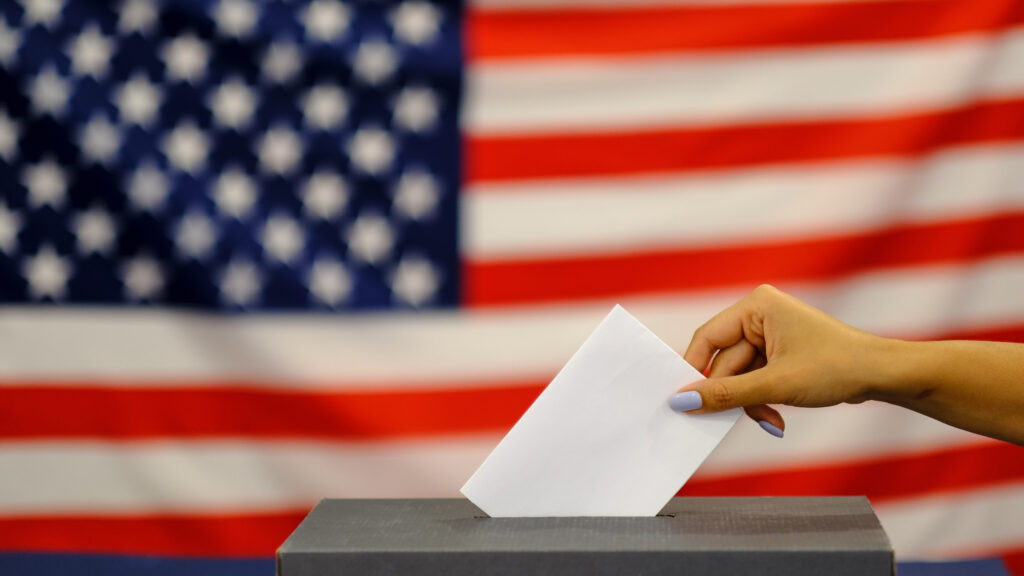Fontes Faces GOP Challenge Over Election Manual Transparency Rules

Arizona House Republicans, joined by Senate President Warren Petersen, have filed an amicus brief with the Arizona Supreme Court in Republican National Committee v. Fontes. Their filing presses the Court to require Secretary of State Adrian Fontes to follow Arizona’s Administrative Procedures Act (APA) when drafting the Elections Procedures Manual (EPM).
The Elections Procedures Manual is a key document that guides county election officials and ensures consistency across Arizona’s 15 counties. It covers rules ranging from voter registration and early ballot procedures to polling place operations and the tabulation of votes. Under state law, the manual must be approved by both the Governor and the Attorney General before it takes effect, but Republican leaders argue that this is not enough. They say the manual should also go through the APA’s full public notice and comment process, which is typically required for agency rulemaking in Arizona.
House Speaker Steve Montenegro underscored the importance of transparency, saying, “The integrity of Arizona’s elections is absolutely vital. House Republicans are committed to the rule of law and to ensuring that Secretary Fontes stays within the limits of his authority. We already convinced a judge to strike down unlawful provisions in the 2023 EPM in our own lawsuit. We fully support this case, which asks only that Secretary Fontes follow long-standing notice and comment requirements when drafting the manual. Arizonans deserve accountability and transparency from every public officer, especially when it comes to election rules.”
The amicus brief emphasizes that the APA serves as a safeguard against executive overreach. By requiring agencies to publish proposed rules and allow time for public feedback, the process helps identify potential problems before they become law. Republicans point to past litigation over the 2023 EPM as evidence that skipping robust public input can result in legal disputes and confusion for both voters and election officials.
Arizona law already provides detailed guidance on the conduct of elections. Statutes spell out how voter rolls are maintained, how early ballots are requested and counted, and how polling places are run. Republican leaders argue that the Secretary of State’s role in drafting the EPM is meant to be narrow—limited to filling in technical details, not creating new rules or interpretations of law. They see the APA as an essential check to keep the manual aligned with legislative intent.
Secretary Fontes’ office, however, has maintained that the manual has always been subject to public scrutiny and that the process of finalizing it already includes opportunities for feedback. In July 2025, Fontes invited Arizonans to participate, stating: “This manual has always been the backbone of how Arizona runs elections. But in today’s environment, it carries more weight than ever. What was once a technical guide for election officials is now a document scrutinized by the public, the press, and the courts. That’s why we’re inviting every Arizonan to take a look, ask questions, and offer ideas.”
The Secretary’s office has also clarified that while the EPM is not formally governed by the APA, public comment is still a vital part of the drafting process. In recent years, Fontes has shown willingness to adjust rules in response to legal challenges and stakeholder feedback. For example, in 2023, after lawsuits were filed over provisions that critics said conflicted with state law, some sections of the manual were modified or removed. His office has argued that this demonstrates a commitment to listening and adapting while keeping elections running smoothly.
The Supreme Court’s decision in this case could have far-reaching consequences. If the Court rules that the EPM must go through the APA process, it would add a new layer of formality and public input to the way election rules are written in Arizona. Proponents of the change say it would increase accountability and public trust. Opponents warn it could slow down the ability to make necessary updates to election procedures, particularly in a rapidly evolving legal and political landscape.
As both sides await the Court’s ruling, the debate highlights a broader theme in Arizona politics: the tension between ensuring election integrity through strict legal procedures and providing election officials the flexibility to manage a complex and high-profile process. For now, House Republicans are standing firm on their call for more transparency, while Secretary Fontes continues to emphasize openness and responsiveness in his own way.
The Arizona Supreme Court will now weigh arguments from all parties involved, with a decision expected to shape how election procedures are drafted and approved in future cycles.
RECENT










BE THE FIRST TO KNOW

More Content By
Think American News Staff












